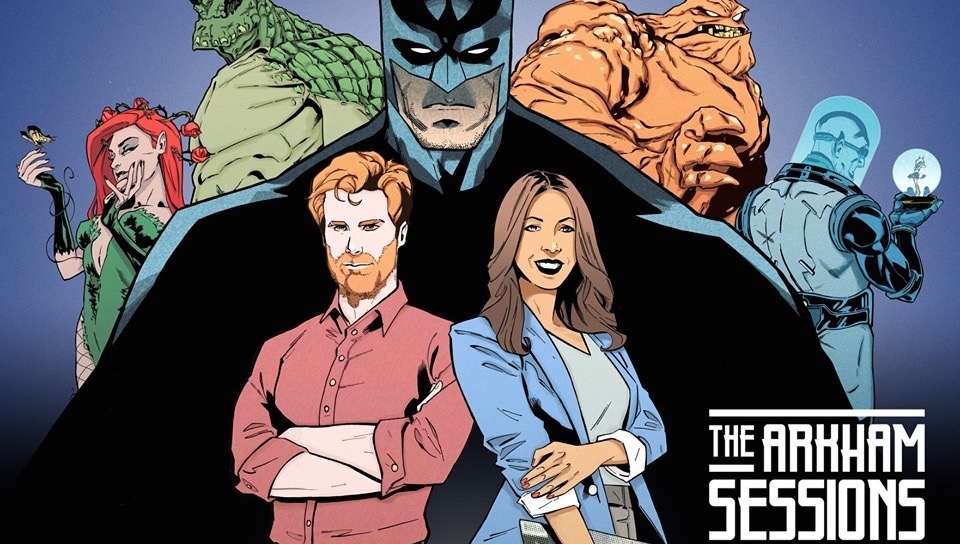The Arkham Sessions, hosted by Dr. Andrea Letamendi and Brian Ward, is a weekly podcast dedicated to the psychological analysis of pop culture, including Batman: The Animated Series, Steven Universe, and Doom Patrol. Nostalgic, humorous, and even a little educational, each episode promises to lend some insight into the heroes, villains, and classic stories of the Dark Knight and more!
The Arkham Sessions, Ep. 157 – Steven Universe 21-30
Autism spectrum disorder is known in psychology as a neurodevelopmental condition marked by extreme unresponsiveness to other people, noticeable communication deficits, and highly rigid or repetitive behaviors and interests. Autistic people tend to appear aloof, inattentive, and uninterested in others. They often have difficulties with speech competencies, lack intonation when talking, and use few facial expressions or maintain eye contact. Many autistic people prefer sameness; whenever there is a disruption in routine or a change in familiar settings, they may feel upset or anxious. The term “high-functioning autism” (which used to be called Asperger’s), is problematic because it suggests some abilities are more important or valued than others; language and communication, intellect, social skills, and emotional competencies exist on a spectrum that can indicate a range of successes and struggles.
As Brian and Drea evaluate Steven’s behaviors and capacities, they realize that Steven is likely still developing the ability to track mature cues, and this may not be a sign of autism but, rather, simply a part of neurotypical development. In fact, he seems to empathize and connect quite successfully. The Crystal Gems, however, demonstrate a number of characteristics and patterns that do seem consistent with the autism spectrum. As the alien beings who encounter various challenges on earth, Pearl, Amethyst, Garnet, and new Gems we’re introduced to can serve as relatable figures to audience members having a variety of experiences being made to feel “other.” Brian and Drea wonder whether the show’s creators intended to represent social otherness and perhaps even highlight the ways in which neurodiversity can be embraced and appreciated. In fact, the autistic community reminds us that many autistic people are content, happy, and can live a life of quality–suggesting that when autism is framed as a malady or impairment, or as an experience that is deficit-based, we center a disease rather than an identity, further stigmatizing and pathologizing the lived experience of autistic people. By showing a more socially diverse way of being and growing, Steven Universe welcomes neurodiverse fans to actualize their own freedom to express themselves in their truest way.
Have psychology-related questions about Batman? Write to us via Twitter, @ArkhamSessions, or on Facebook. Or visit our official website.
And, don’t forget to subscribe to The Arkham Sessions on Apple Podcasts to get all of the latest episodes! And, be sure to join us on Patreon.

